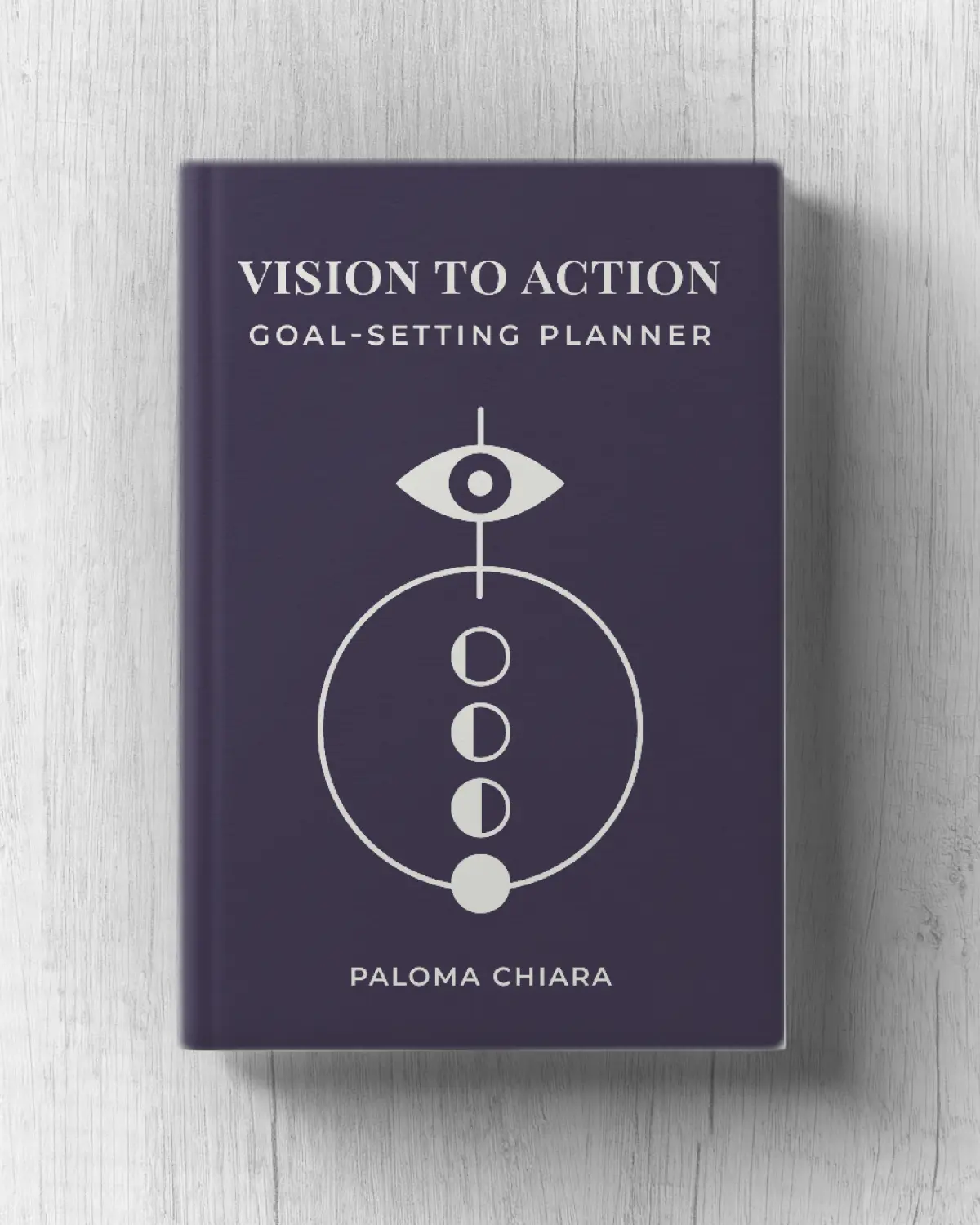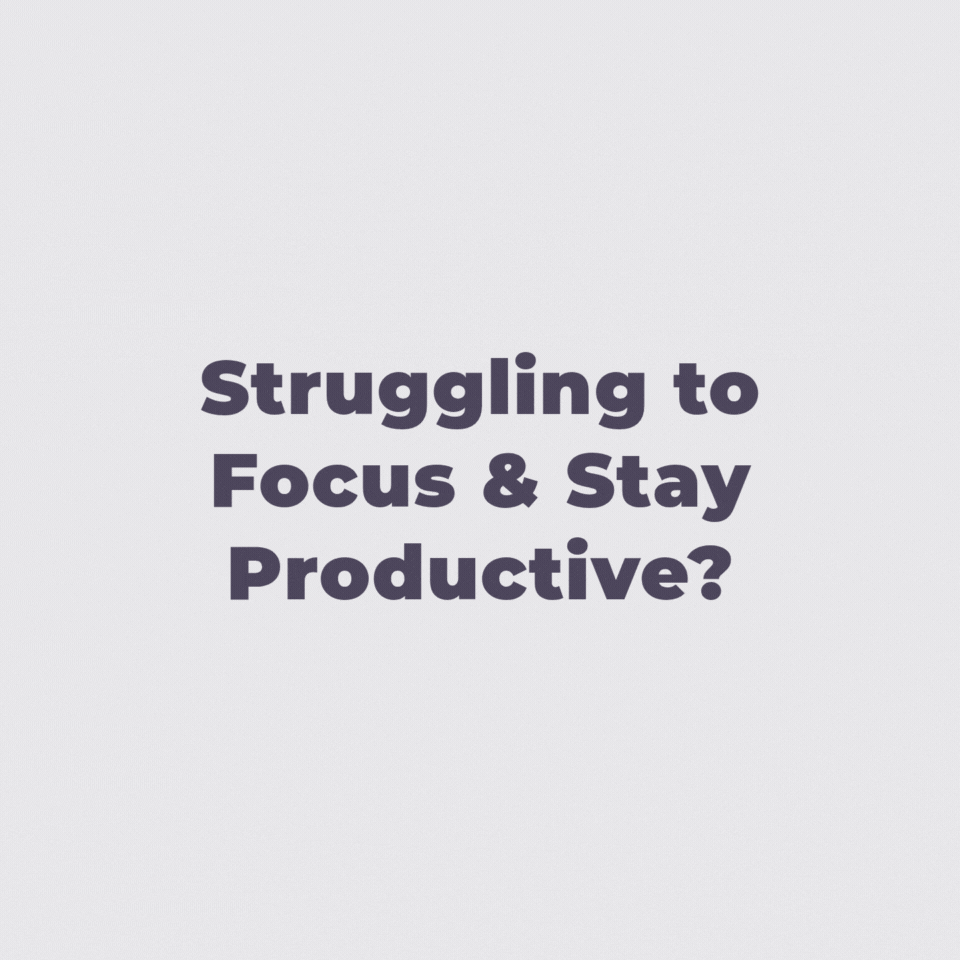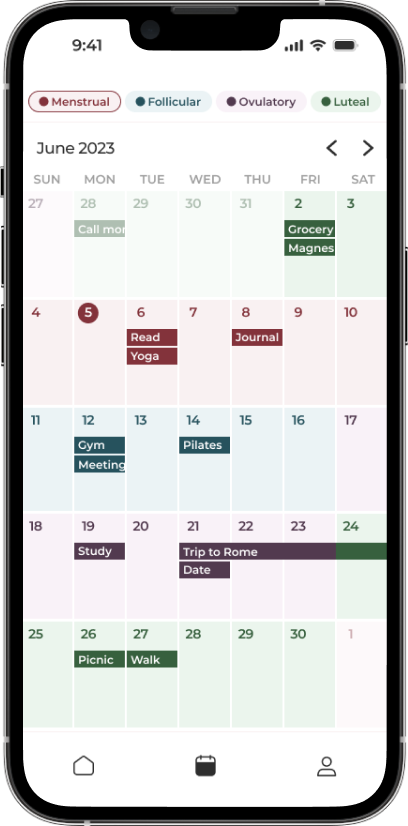Lifestyle Coach vs. Life Coach

In the realm of personal development and improvement, two distinct yet related roles often emerge: the lifestyle coach and the life coach. While both professionals aim to assist individuals in achieving their goals and enhancing their well-being, they serve different functions and address unique aspects of a person’s life. In this article, we will delve into the disparities between a lifestyle coach and a life coach, offering insights into when to approach each based on the specific challenges and aspirations you face. To illustrate these differences, we will provide real-life examples.
Deciphering the Lifestyle Coach
What is a Lifestyle Coach?
A lifestyle coach is a specialist dedicated to helping individuals improve specific aspects of their daily lives to achieve greater overall satisfaction and well-being. These aspects can encompass areas such as fitness, nutrition, stress management, and overall lifestyle habits. Lifestyle coaching is solution-focused and goal-oriented, with a strong emphasis on tangible lifestyle changes.
How Does a Lifestyle Coach Help?
Lifestyle coaches assist clients in making constructive changes in various facets of their lives, including:
- Health and Fitness: Lifestyle coaches support clients in setting and attaining health and fitness goals, providing guidance on exercise routines, dietary choices, and healthy lifestyle habits.
- Nutrition and Diet: They offer personalized nutrition plans, help clients make healthier food choices, and promote mindful eating practices.
- Stress Management: Lifestyle coaches teach stress-reduction techniques, time management skills, and strategies for achieving a balanced life.
- Wellness and Self-Care: They encourage self-care practices, such as relaxation, meditation, and self-reflection, to enhance overall well-being.
- Habit Formation: Lifestyle coaches aid in developing positive habits and breaking detrimental ones to cultivate a healthier, more fulfilling life.
Exploring the Life Coach
What is a Life Coach?
A life coach, on the other hand, is a professional who specializes in helping individuals set and achieve personal and professional goals, make significant life changes, and overcome obstacles that hinder progress. Life coaching is a holistic approach that encompasses various aspects of a person’s life, including career, relationships, personal development, and self-discovery.
How Does a Life Coach Help?
Life coaches provide guidance and support in a wide range of areas, including:
- Goal Setting: They assist clients in defining clear, actionable goals and devising strategies to accomplish them.
- Personal Development: Life coaches help clients build self-awareness, self-confidence, resilience, and emotional intelligence.
- Career Advancement: They offer career guidance, aid in job transitions, and help clients make informed career-related decisions.
- Relationships: Life coaches provide insights and techniques for improving communication, resolving conflicts, and fostering healthy relationships.
- Time Management: They help clients manage their time effectively, prioritize tasks, and achieve work-life balance.
Differentiating Roles
While both lifestyle coaches and life coaches share the fundamental aim of helping individuals improve their lives, their roles, and areas of expertise differ in significant ways:
1. Specific Lifestyle Changes vs. Holistic Life Improvement
- Lifestyle Coach: Lifestyle coaches concentrate on specific areas of a person’s life, such as health, fitness, nutrition, or stress management. They help clients implement practical changes in these specific domains to enhance overall well-being.
- Life Coach: Life coaches adopt a holistic approach, addressing various aspects of a client’s life, including personal development, career, relationships, and self-discovery. They aim to foster positive changes in multiple areas, leading to a more fulfilling life overall.
2. Tangible Goals vs. Broad Life Objectives
- Lifestyle Coach: Lifestyle coaching often revolves around concrete, measurable goals, such as losing a certain amount of weight, adopting a regular exercise routine, or reducing stress levels.
- Life Coach: Life coaching encompasses broader, more abstract life objectives, such as finding purpose, improving self-esteem, or navigating a career transition. The goals set with a life coach tend to be less specific and more focused on personal growth and fulfillment.
3. Specialized Knowledge vs. General Life Skills
- Lifestyle Coach: Lifestyle coaches typically possess specialized knowledge and expertise in specific areas, such as fitness, nutrition, or stress management. They offer targeted guidance in these domains.
- Life Coach: Life coaches do not require specialized knowledge in specific fields but are skilled in providing general life coaching that can be applied across various areas of a client’s life. They focus on developing essential life skills and strategies.

Check out the Vision to Action Planner for only 6$
More infoChoosing Between a Lifestyle Coach and a Life Coach
Determining whether to seek the assistance of a lifestyle coach or a life coach hinges on your unique objectives, challenges, and the areas of your life that require improvement. Here are scenarios to guide your decision:
When to Choose a Lifestyle Coach
- Health and Fitness Goals: If you have specific health and fitness goals, such as losing weight, building muscle, or adopting a healthier diet, a lifestyle coach with expertise in fitness and nutrition is the ideal choice. For example, if you aim to shed pounds and lead a healthier lifestyle, a lifestyle coach can provide a tailored fitness plan and dietary recommendations.
- Stress Management: When your primary concern is managing stress, burnout, or achieving work-life balance, a lifestyle coach specializing in stress management techniques can help. For instance, if you’re a busy professional struggling to juggle career demands and personal life, a lifestyle coach can teach you stress-reduction strategies and time management skills.
- Specific Habit Formation: If you want to break detrimental habits or establish positive ones, such as quitting smoking, improving sleep habits, or managing screen time, a lifestyle coach can offer personalized guidance. For example, if you’re trying to quit smoking, a lifestyle coach can develop a customized cessation plan and provide ongoing support.
When to Choose a Life Coach
- Holistic Life Improvement: If you seek to make broad, positive changes in various aspects of your life, a life coach is the appropriate choice. Life coaches can assist with overarching objectives, such as finding purpose, enhancing self-esteem, or making significant career decisions.
- Personal Development: When your goal is personal growth and self-improvement, a life coach can provide the guidance and support required. For instance, if you want to boost your self-confidence, increase self-awareness, or improve emotional intelligence, a life coach can tailor coaching sessions to address these areas.
- Navigating Life Transitions: Life coaches excel at helping individuals navigate major life transitions, such as career changes, relationship challenges, or retirement planning. If you’re contemplating a career shift, facing a divorce, or preparing for retirement, a life coach can offer guidance and strategies to navigate these transitions successfully.
Real-Life Examples
To illustrate the difference between a lifestyle coach and a life coach, consider these real-life scenarios:
Example 1: Weight Loss
Scenario: Sarah is determined to lose weight and lead a healthier lifestyle. She struggles with her diet and exercise routine and needs assistance in achieving her weight loss goals.
Lifestyle Coach’s Role: A lifestyle coach with expertise in nutrition and fitness can work with Sarah to create a personalized weight loss plan. The coach will help her set specific weight loss goals, design a suitable exercise regimen, and provide guidance on healthy eating habits.
Life Coach’s Role: A life coach, in this scenario, would focus on broader aspects of Sarah’s life. They might explore the underlying reasons for her weight struggles, address any emotional factors related to her eating habits, and work on building her self-esteem and body confidence.
Example 2: Career Transition
Scenario: John is contemplating a career change. He feels stuck in his current job and is unsure about his next steps in terms of his profession.
Life Coach’s Role: A life coach can assist John in identifying his strengths, values, and passions. They can help him explore potential career paths, set clear career goals, and develop a plan for transitioning to a new profession.
Lifestyle Coach’s Role: A lifestyle coach would not typically address career-related challenges like John’s. Their expertise lies in areas such as fitness, nutrition, stress management, or habit formation, which are unrelated to career transitions.
Conclusion
In summary, understanding the distinctions between a lifestyle coach and a life coach is essential for selecting the right professional to assist you in achieving your goals and improving your overall well-being. While lifestyle coaches specialize in specific areas of life and offer targeted guidance, life coaches take a holistic approach, addressing various aspects of personal development and life improvement.
Your choice between a lifestyle coach and a life coach should align with your specific objectives. If you have particular goals related to health, fitness, stress management, or habit formation, a lifestyle coach can provide specialized support. On the other hand, if your focus is on personal growth, career advancement, or navigating life transitions, a life coach is better suited to assist you on your journey to fulfillment and success.
Still waiting for the 'perfect time'?
Email me what you'd do if you stopped making excuses. We'll work backwards from there.
Let's startRecent posts
-
The Complete Guide to Becoming a High Achiever
Read blog -
How To Make a Positive Impact in Your Community
Read blog -
What Is the “Winter Arc” Challenge?
Read blog -
What Is "the Great Lock-In" and Should You Try It?
Read blog -
What Are the 75 Hard and Soft Challenges?
Read blog -
How to Validate Yourself
Read blog

The App Made To Sync Your Lifestyle to Your Menstrual Cycle.
A solution for women who are looking to keep track of what they sync to their cycles, such as fitness, diet, etc. by adding it to a calendar that also predict their phases.
Learn more





Comment